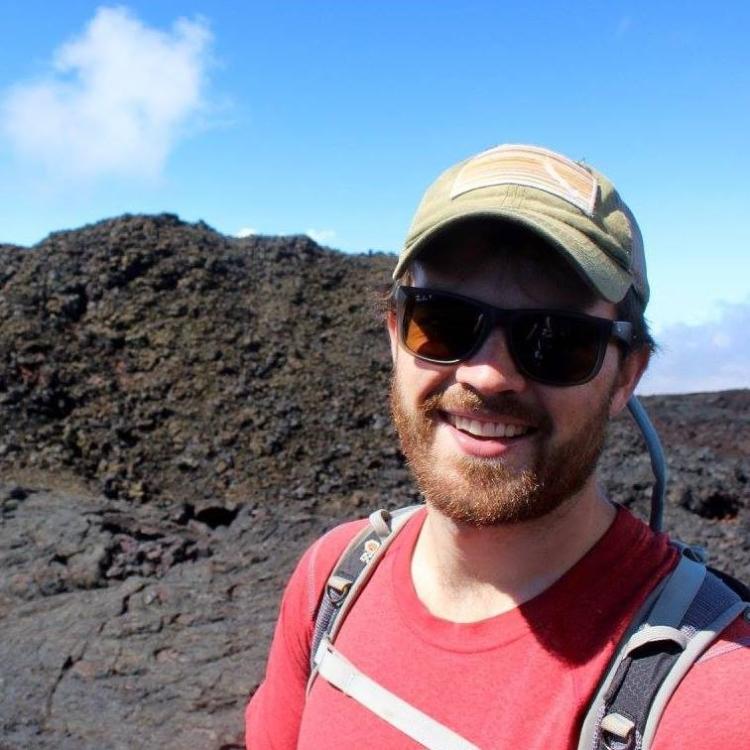Graduate Student of the Month - Ryan Cole

Denver, Colorado.
What schools have you attended?
I completed my undergraduate at Colby College in Waterville, Maine. I double-majored in Physics and Math. I'm in my fourth year here at CU Boulder.
What do you like to do in your free time?
I love biking (road and mountain) in the hills around Boulder and fly fishing in the rivers along the front range. I also enjoy skiing and hiking.
Please share about your research.
I work in the Rieker Lab. The lab's general goal is to develop laser-based sensors for systems ranging from combustion devices to the atmosphere. My personal research is focused on developing and improving models for the absorption of light by gasses at very high pressures and temperatures. To do this, I use dual-frequency comb spectroscopy to measure gasses at high pressure/temperature conditions. The ultimate goal of this research is to enable new laser-based sensors for high pressure and temperature systems (e.g., an aircraft engine) as well as to improve our knowledge of radiative transfer in other high-pressure/temperature environments (such as the surface of Venus or exoplanetary atmospheres).
Where do you see yourself in ten years?
I'll probably just be finishing my PhD at that point. JUST KIDDING (I hope).
I have loved doing research in graduate school, so I don't see myself straying too far from a job where I can work in a lab and take part in new science. If I had to choose right now, I would like to work in atmospheric science, hopefully applying the skills I've learned at CU Boulder to develop new ways to monitor pollution/emissions and their effect on the atmosphere.
Anything else you'd like to share?
I took a gap year before coming to CU Boulder. During that time, I lived in Hilo, Hawaii and worked as an Astrophysical Research Intern at the Gemini Observatory.
I was awarded a NASA Earth and Space Science fellowship during my first year at CU Boulder to translate our work on spectroscopy at high pressures and temperatures to studies of the Venus atmosphere.

